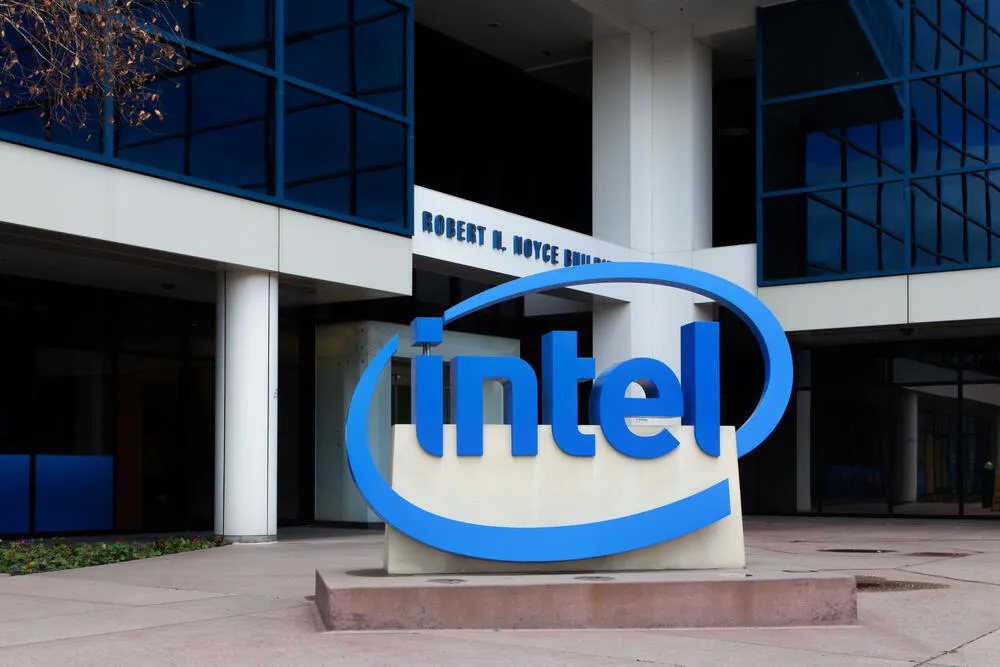Microsoft's $60B Buyback and Intel's Restructuring Boost Nasdaq-100 Futures

Microsoft's $60B Buyback Fuels Optimism
Microsoft Corp. (MSFT) has announced a massive $60 billion share buyback program alongside a 10% increase in its quarterly dividend, now at 83 cents per share, set to be paid on December 12. This news has led to a modest uptick in its stock, reflecting the market's anticipation of financial recovery fueled by AI investments.
This strategic decision comes amid pressures on Microsoft to demonstrate that its ongoing investments in artificial intelligence (AI) yield satisfactory returns. Analysts note that the tech giant is becoming a top AI beneficiary due to the successful reception of its Copilot AI tools across its offerings.
Intel's Strategic Restructuring Pushes Shares Higher
Intel Corporation (INTC) has seen a notable 8% surge in its stock price following the announcement of plans to separate its foundry business into an independent entity. This strategic shift is led by CEO Pat Gelsinger, aimed at revitalizing the company's struggling position in the semiconductor market amid rising competition.
By restructuring its foundry operations, Intel aims to alleviate financial burdens and could position itself for potential capital inflow, optimizing its role in U.S. semiconductor manufacturing while securing substantial funding under the CHIPS Act.
Market Reaction and Future Implications
The positive movements from Microsoft and Intel have provided a substantial boost to the E-mini Nasdaq-100 Index futures, as these companies carry considerable influence on the index's performance. Traders are expected to closely watch the Federal Reserve's upcoming policy decisions, as the tech sector's dynamics are significantly impacted by interest rate adjustments. In light of recent developments, the outlook for the Nasdaq-100 index remains bullish, especially if AI continues to be a central narrative in future growth.
This article was prepared using information from open sources in accordance with the principles of Ethical Policy. The editorial team is not responsible for absolute accuracy, as it relies on data from the sources referenced.